COMING SOON! The Cure for Pandemania

Take a Deep Breath – Living With Uncertainty
A book of poetry and art, fables and philosophies aimed at the pandemic of crisis anxiety so many are facing.
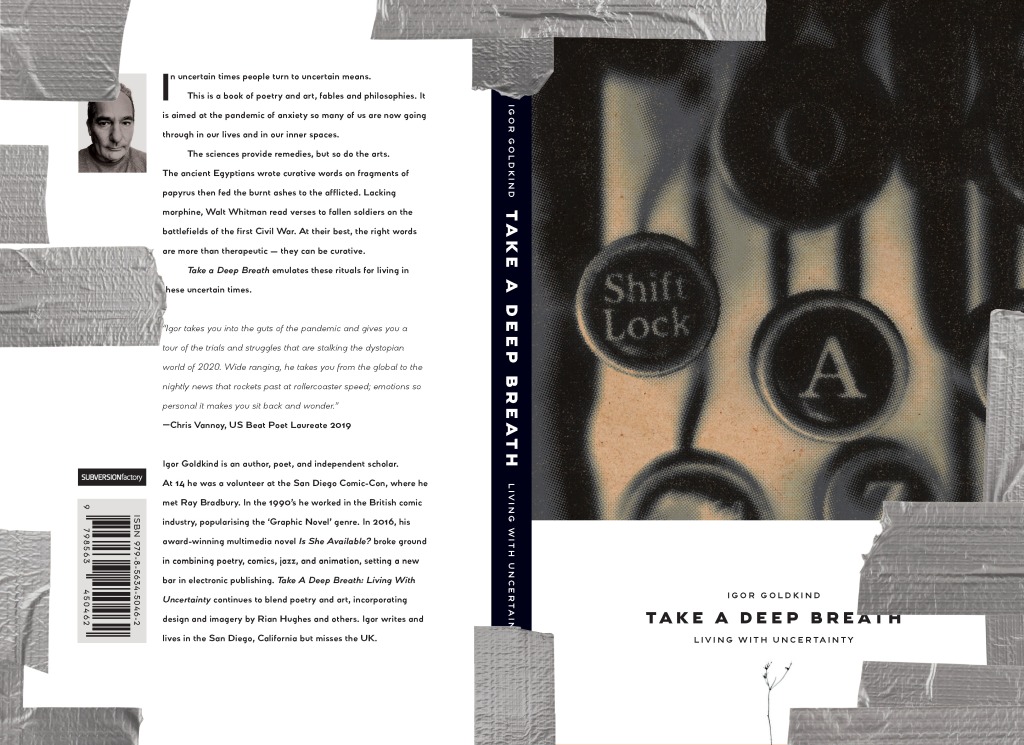
In uncertain times people turn to uncertain means. This is a book of poetry and art, of fables and philosophies aimed at the pandemic of crisis anxiety so many of us are going through right now in our daily lives and in our inner spaces. We are all of us and each us in this together.
The sciences but also the arts do provide remedies. The ancient Egyptians wrote curative words on fragments of papyrus to feed their burnt ashes to the afflicted. Lacking morphine, Walt Whitman read verses to fallen soldiers on the battlefields of the first Civil War.
At their best, the right words are more than therapeutic, they can be curative. Take a Deep Breath emulates this ritual here in administering remedies for living in these times of crisis, in living with uncertainty.
Poetry Therapy: Towards an Uncommon Sense

A Brief History of Poetry Therapy
From the collection of poetry, philosophy and art TAKE A DEEP BREATH: Living With Uncertainty
by Igor Goldkind (Chameleon Publishing, 2021)
Poetry Therapy, or poetry which is used for healing and personal growth, can be traced back to primitive Man, who used religious rites in which shamans and witchdoctors chanted poetry for the well-being of the tribe or individual. It is documented that as far back as the fourth millennium B.C.E. in ancient Egypt, words were written on papyrus and then dissolved into a solution so that they could be physically ingested by the patient and take effect as quickly as possible.
The first poetry therapist of historic record was a Roman physician by the name of Soranus in the first century A.D., who prescribed tragedy for his manic patients and comedy for those who were depressed. It is not surprising that Apollo is the god of poetry as well as medicine, since medicine and the arts were historically entwined. For many centuries the link between poetry and medicine remained obscure. The poet John Milton wrote in 1671:
“Apt words have power to swage The tumours of a troubled mind And are as balm to festered wounds.” Pennsylvania Hospital, founded in 1751 by Benjamin Franklin and the first in the United States, employed many ancillary treatments for their mental patients, including reading, writing and the publishing of their work. Dr. Benjamin Rush, called the ‘Father of American Psychiatry’, introduced music and literature. The writing of poems was was encouraged, and the results were published in The Illuminator, their own newspaper.
On the battlefields of the American Civil War, Union field medic Walt Whitman would administer recitations of verse to fallen soldiers who were well beyond hope long before the use of morphine. He was later to pen the classic Leaves of Grass, the greatest celebration of humanity in the midst of its own despair. Pennsylvania Hospital employed this approach as early as the mid- 1700s.
In the early 1800s, Dr. Benjamin Rush also introduced poetry as a form of therapy to those being treated. In 1928, Eli Greifer, an inspired poet who was a lawyer and pharmacist by profession, began a campaign to show that a poem’s didactic message has healing power. He began offering poems to people as prescriptions, and eventually started “poem-therapy” groups at two hospitals with the support of psychiatrists Dr. Jack L. Leedy and Dr. Sam Spector. After Griefer’s death, Leedy and others continued to incorporate poetry into the therapeutic group process, eventually coming together to form the Association for Poetry Therapy (APT) in 1969.
Librarians also played a major role in the development of this therapeutic approach. Arleen Hynes was a hospital librarian who began reading stories and poems aloud, thus facilitating discussions on the material and its relevance to each individual in order to better reach out to those being treated and encourage healing. She eventually developed a training program for those interested in teaching poetry therapy.
In 1980, all the leaders in the field were invited to a meeting to formalize guidelines for training and certification. At that meeting, the National Association for Poetry Therapy (NAPT) was founded. As interest grew, books and articles were published to guide practitioners in the practice. Hynes and Mary Hynes-Berry co-authored the 1986 publication Bibliotherapy — The Interactive Process: A Handbook. More recently, Nicholas Mazza outlined a model for effective 188 poetry therapy, also discussing its clinical application, in Poetry Therapy: 189 Theory and Practice.
The Journal of Poetry Therapy, established in 1987 by the NAPT, remains the most comprehensive source of information on current theory, practice, and research. There is also a relationship between psychological healing and incantations, either repeated as a musical chant by the patient or recited by the attending medicine man. Of course, modern medicine and science consider the notion of magical incantations possessing healing or restorative powers as so much superstition.
But this, of course, begs the question that if recitations and incantations had no evidential result and no beneficial property then why would have nearly every human culture have adopted the method and repeated it for thousands of years? Surely if there was no value to vibrating the air with the sound of one’s breath, rising from the abdomen, pushed upwards by the lungs, shaped by the throat, mouth and tongue, with the added stimulation of associative meanings being understood cognitively by the patient’s mind, we would have given it and its sisters, singing and chanting, up aeons ago.
I am not advocating a supernatural or spiritual causation for the effectiveness of poetry as a healing agent, but rather the supra-natural mystical cause which is grounded first in human nature and cognition, and for which there maybe a myriad of imprecise explanations, none of which can fully explain why it works. Today, poetry therapy is practiced internationally by hundreds of professionals including poets, psychologists, psychiatrists, counselors, social workers, educators and librarians. The approach has been used successfully in a number of settings — schools, community centers, libraries, hospitals, rehabilitation centers, and correctional institutions, to name a few.
SO HOW DOES POETRY THERAPY WORK?
• Poetry is beneficial to the process of introspection, and can be used as a vehicle for the expression of emotions that might otherwise be difficult to express
• Poetry promotes self-reflection and exploration, increasing selfawareness and helping individuals make sense of their world.
• Poetry helps individuals redefine their situation by opening up new ways of perceiving reality.
• Poetry helps therapists gain deeper insight into those they are treating.
In general, poetry therapists are free to choose from any poems they believe offer therapeutic value, but most tend to follow general guidelines. Some poems commonly used in therapy are: The Journey by Mary Oliver Talking to Grief by Denise Levertov The Armful by Robert Frost I Wandered Lonely as a Cloud by William Wordsworth Leaves of Grass by Walt Whitman Turtle Island by Gary Snyder as well as the poetry of Alan Watts, Allen Ginsberg and Antonin Artaud.
TECHNIQUES USED IN POETRY THERAPY
Different models of poetry therapy exist and are being refined all the time, but one the most popular is the model introduced by Nicholas Mazza. According to this model, poetry therapy involves three major components: Receptive/Prescriptive, Expressive/Creative, Symbolic/Ceremonial.
I. In the Receptive/Prescriptive component, the poet merely introduces the subject of how to focus on their own issue. The aim is to establish concentration and cognitive focus on the details, none which is revealed to the poet. Only when the poet feels confident that the subject is cognitively attuned to and non-verbally focused on the problem or issue of concern does he or she begins to ask suggestive questions as to how the subject feels, not thinks, about their issue. This provocation of tangible emotions usually comes in three distinct phases of emotional content. First is the predicament, when the subject becomes aware of the existence of the issue. This is a gateway phase, where anticipatory feelings are illicit and registered by the poet.
II. Then there is a further stage when anticipation of the issue has given way to the full experience of all the emotions, anxieties and fears related to the issue. This is usually overwhelming (or it wouldn’t be ‘an issue’ in the first place), and it is paramount that the poet guides the subject through distinct words to describe the layers of emotions experienced by the subject. The poet must ground the subject’s emotions in language. Language and the use of words is the key here, because emotions always come in complex clusters that make it difficult for both poet and subject to distinguish them and focus on the underlying causes.
“What kind of anger do you feel?”, “How would you describe your sadness?”, “How much shame do you feel? What would you compare it to?” This is a sophisticated method of word association, but rather than creating bridges between seemingly disparate words the goal is to drill down to the core emotions of the issue by refining the language, as led by the subject. Achieving exactitude of description is the task at hand. The poet makes careful notation of everything the subject says in regard to describing their emotions. It is important to keep them focused and not to succumb to intellectual distraction. Thoughts are illusions and often lies, whereas emotions are facts. Get the subject to correctly describe the facts of the matter. All meaning is metaphorical.
III. The final stage is waiting for an exit strategy. How do the feelings begin to recede? How does the issue move back into the background? What are the parting emotions? Is there anxiety about the leaving? Anticipation of an issue yet unresolved? Or is the issue impermeable, and subject to a rhythmic return? Again, the subject’s wording, their adjectives, adverbs and phrases are the material of the poem. At this point there is usually a short break to give time for the subject to recover from the emotional transitions and for the poet to briefly skim their notes and begin to focus on the flow of adjectives. It is preferable, if possible, to compose what amounts to a first draft, a flow of words which the poet can read back to the subject to confirm its accuracy.
At this first reading stage it is possible to start interjecting logical bridges between the emotional descriptors. This is the creative factor 194 unleashed. The poet, assisted by the subject, creates coherent sequences 195 between the emotional states. The poet suggests and the subject confirms or vetoes the phraseology, one line at a time. Now we arrive at a second draft which is the property of the subject. It is their poem. The preference is that the subject now reads the poem aloud and takes ownership of its content. The subject can redraft the poem a third time, or many more times, claiming it as their own. The poet has merely provided poesy prompts, the poem is the creation of the subject.
The expressive/creative component involves the use of creative writing — poetry, letters, and journal entries — for the purpose of assessment and treatment. The process of writing can be both cathartic and empowering, often freeing blocked emotions or buried memories and giving voice to one’s concerns and strengths. Some people may doubt their ability to write creatively, but therapists can offer support by explaining they do not have to use rhyme or a particular structure. Poets can also provide stem poems from which to work, or introduce sense poems for those who struggle with imagery. A poet might also share a poem with their subject and then ask them to select a line that touched them in some way, and then use that line to start their own poem. In groups, poems may be written individually or collaboratively.
Group members are sometimes given a single word, topic, or sentence stem and asked to respond to it spontaneously. The contributions of group members are compiled to create a single poem which can then be used to stimulate group discussion. The symbolic/ceremonial component involves the use of metaphors, storytelling and rituals as tools for effecting change. Metaphors, which are essentially symbols, can help individuals to explain complex emotions and experiences in a concise yet profound manner. Rituals may be particularly effective to help those who have experienced a loss or ending, such as a divorce or death of a loved one, to address their feelings around that event. Writing and then burning a letter to someone who died suddenly, for example, may be a helpful step in the process of accepting and coping with grief.
HOW CAN POETRY THERAPY HELP?
Poetry therapy has been used as part of the treatment approach for a number of concerns, including borderline personality, suicidal ideation, identity issues, perfectionism, and grief. Research shows the method is frequently a beneficial part of the treatment process. Several studies also support poetry therapy as one approach to the treatment of depression — it has been repeatedly shown to relieve depressive symptoms, improve self-esteem and self-understanding, and encourage the articulation of feelings. Researchers have also demonstrated poetry therapy’s ability to reduce anxiety and stress. Those experiencing post traumatic stress have also reported improved mental and emotional well-being as a result of poetry therapy. Some individuals who have survived trauma or abuse may have difficulty processing the experience cognitively and, as a result, suppress associated memories and emotions.
Through poetry therapy, many are able to integrate these feelings, reframe traumatic events, and develop a more positive outlook for the future. People experiencing addiction may find poetry therapy can help them explore their feelings regarding substance abuse, perceive drug use in a new light, and develop or strengthen coping skills. Poetry writing may also be a way for those with substance abuse issues to express their thoughts on treatment and behavioral change. Some studies have shown poetry therapy can be of benefit to people with schizophrenia, despite the linguistic and emotional deficits associated with the condition. Poetry writing may be a helpful method to describe mental experiences, and can allow therapists to better understand the thought processes of those they are treating.
Poetry therapy has also helped some individuals with schizophrenia to improve social functioning skills and foster more organized thought processes. It is important to note in many instances, especially in cases of moderate to severe mental health concerns, that poetry therapy is used in combination with another type of therapy and not as the sole approach to treatment.
TRAINING FOR POETRY THERAPISTS
Poetry therapists receive literary as well as clinical training to enable them to be able to select literature appropriate for the healing process. While there is no university program in poetry therapy, the International Federation for Biblio-Poetry Therapy (IFBPT), the independent credentialing body for the profession, has developed specific training requirements. Several studies support poetry therapy as one approach to the treatment of depression, as it has been repeatedly shown to relieve depressive symptoms, improve self-esteem and self-understanding, and encourage the expression of feelings.
However, the only qualitative measure of effective poetry therapy is in the poesy and the results. No accreditation can guarantee or substitute for the quality of cognitive empathy that is achieved during a successful session. Ultimately, there can be no real separation between the experience of the poet and the subject. This methodology provokes a meeting of mind in confrontation with universal truths. The poet is there merely to reassure the subject that there is no hocus-pocus, no supernatural or alternative reality, and that the cognitive associations that ring true are true in the present mind of the subject. The poet is on hand to reassure, to validate the responses of the subject to radical new perspectives into their own most intimate selves, and to relieve and dispel any accompanying trauma as grounded in the normalcy of human experience.202 203
CONCERNS AND LIMITATIONS OF POETRY THERAPY
In spite of its widespread appeal and broad range of applications, some concerns have been raised about the use of poetry therapy.
Some critics have pointed out it is possible for people to analyze a poem on a purely intellectual level, without any emotional involvement. This type of intellectualization may be more likely when complex poems are used, as a person might spend so much time trying to decipher the meaning of the poem that they lose sight of their emotions and spontaneous reactions. Poems that are unoriginal or filled with clichés are unlikely to stimulate individuals on a deep emotional level, or challenge them to think in ways promoting growth.
Just always keep in mind that poetry therapy may have little or no value for those individuals who simply do not enjoy poetry.
References:
Chavis, G.G. (2011). Poetry and story therapy: The healing power of creative expression. Philadelphia, PA: Jessica Kingsley Publishers.
Gooding, L. F. (2008). Finding your inner voice through song: Reaching adolescents with techniques common to poetry therapy and music therapy. Journal of Poetry Therapy, 21(4), 219-229.
International Federation for Biblio/Poetry Therapy. (n.d.). Summary of training requirements. Retrieved from http://ifbpt.org/obtaining-a-credential/getting-trained
Mazza, N. (2003). Poetry therapy: Theory and practice. New York: Brunner-Routledge.
Olsen-McBride, L. (2009). Examining the influence of popular music and poetry therapy on the development of therapeutic factors in groups with at-risk adolescents (Doctoral dissertation).
Rossiter, C. (2004). Blessed and delighted: An interview with Arleen Hynes, poetry therapy pioneer. Journal of Poetry Therapy, 17(4), 215-222.
https://www.facebook.com/realpoetrytherapy
realpoetrytherapy@gmail.com
TAKE A DEEP BREATH by Igor Goldkind and Frederic Iriarte

The Cure for Pandemania is Here!
An Album of Original Spoken Contemporary Poetry and Music
– Making Sense Where Nothing Else Does –
Original poetry by Igor Goldkind
Music by Frederic Iriarte and Igor Boyko
Launching September 5th at The 2020 International Beat Poetry Festival (Normally in Boston, now virtually everywhere!) https://www.youtube.com/channel/UCilhqGXf2CAARg7N7EjwNQg
The Festival Will be streaming 3 original music videos from the album for the first time.
TAKE A DEEP BREATH is available for download exclusively on Bandcamp
9 Tracks, 40 Minutes, $18.00 $15 EU
Original Words, Music, Video and Antidotes for Living With Uncertainty
Internationally renown fine artist and producer Frederic Iriarte and American Poet Igor Goldkind have collaborated on 9 original tracks of musical interpretations based on Igor Goldkind’s forthcoming collection of poetry also entitled TAKE A DEEP BREATH.
The album of 9 tracks is being launched as a complete work at this year’s International Beat Poetry Festival and will be released for download at midnight this coming Saturday, September 5th.
This unique multimedia work was written and produced during the pandemic in Stockholm, San Diego and Moscow. It is intended as an artistic attempt to help us live with uncertainty and survive catastrophe living.
“TAKE A DEEP BREATH is most important piece of Spoken Word Art to come along at just the right time: right when we all needed it the most!”
– Henry Rollins
TAKE A DEEP BREATH and step out of your comfort zone.
Just don’t look down.
2020 has been a year of both social, economic and psychological upheaval. Humans have been required to adapt to drastically changing circumstances without forewarning and without certainty as to the outcomes.
We are being challenged as a species to adapt.
Adaptation is our genus but it is also painful and exhausting.
TAKE A DEEP BREATH is a guidebook: a pause for a moment of reflection. Take a break from panic and get a clear view of where we are as individuals, as a people and as a species.
Covid-19 has literally attacked our humanity however in doing so has done us the service of reminding us of our shared humanity, our common mutual vulnerability. These are hard lessons to learn and uncomfortable changes to be made for us to survive. TAKE A DEEP BREATH is a pause in the gloom and a chance to regain our strength and resilience to all carry on.
TAKE A DEEP BREATH is a step backwards in time when poetry and music were used and appreciated as tools for contemplation, meditation and reflection on the most crucial factor in our lives. Now that we are being confronted and overwhelmed with multiple catastrophes, is the time to return to using poetry for what it is designed for:
Reflection, Meditation, Contemplation
Self-Healing and Recovery
We will survive.
On Poverty and Consciousness

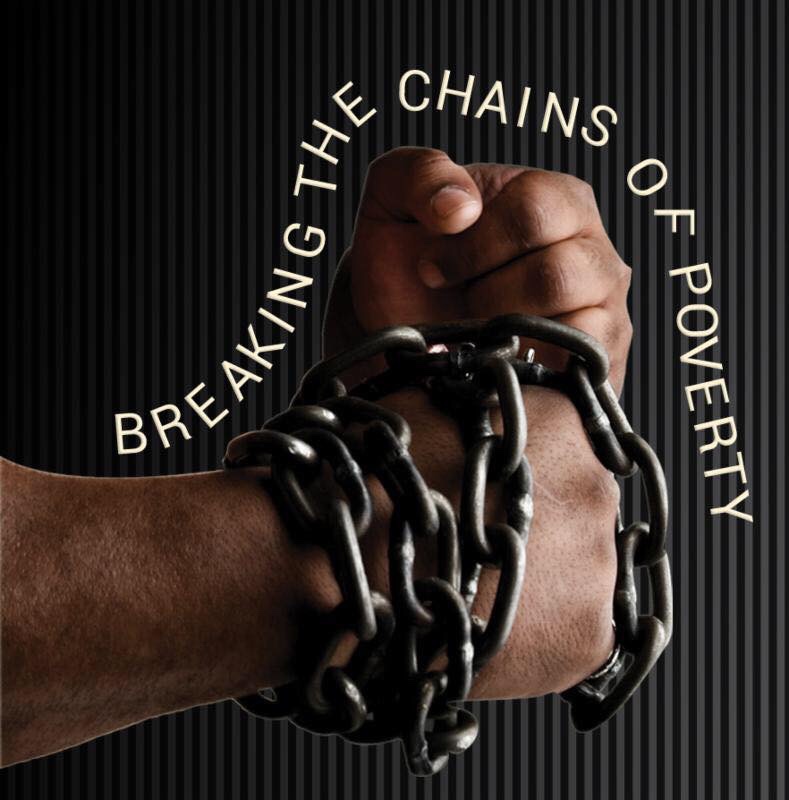 A new acquaintance asked me why I endured relative poverty and uncertainty in California when I could easily take a tech copywriting or PR job and be living comfortably.
A new acquaintance asked me why I endured relative poverty and uncertainty in California when I could easily take a tech copywriting or PR job and be living comfortably.
I answered, for which I’m sure someone reading this might wonder the same.
The answer is not simple and all has to do with my commitment to art and to the art of writing. It’s somewhat like a religious or spiritual calling; certainly as requisite of sacrifice and discipline as a monastery. (Read James Joyce’s Portrait of an Artist as a Young Man, if you need further elucidation on the subject). To become a great artist, which is what I believe I am becoming at this late stage of my life (or will at least die trying to be), takes total focus and constant dedication.
Not just to creation but to observation. Many of my best friends are not just poets and artists but scientists and mathematicians because they are processing their own observations through their own disciplines. When we talk and share words they read me and hear me, they comprehend how we’re all pursuing the same thing: the truth about life and the lives we are living.
Science and Art are really just two different vantage points in the same universe. During our Rennaisance there was no such separation between science, engineering and art. Just look at Da Vincis’s sketches if you don’t believe me. And this underlines the true failing of the formal education systems. No purely structured system can account for, much less process the unstructured data of experience.
But one truth I have learnt along this way is that we are all connected; both as a species and as sentient beings. Not just to those existing in the moment we all share but for all of us, from the very beginnings of awareness and rational self-consciousness. We are all brothers and sisters of the same mind, the same awareness that is awake and cognicent.
We all share the same biology of the mind.
I imagine that when extraterrestrial sentient life is contacted, it will be the poets and artists most open to the new who will not only best describe and communicate qualitative meanings with them but decipher their language(s) to communicate with them (more of “us”?), before the actual scientists can interpret their data and the military can rationalize the threat.
From the point of commonality; this sentience itself has a common shape or form in all of us throughout time and geography. It is our human nature.
My words try to sketch its outline.
Without needing to name a god, the Buddhists have been attempting to describe this commonality of all sentient beings, for thousands of years. In art and yes, in poetry too.
It’s what poetry is for: to describe the indescribable that is true for all of us, to all of us.
The known shining its single torch down a darkened corridor to the unknown.
The unknown (not the unknowable), has always been our mind’s final frontier.
We weren’t born yesterday. We did not just become aware of consciousness. The history of consciousness is the history of us, of the ‘you’ that is reading and comprehending these words.
You are no different in awareness than the Neanderthal who stumbled out of her cave and looked up at the stars in wonder. Every astronomer I have ever known harbors that exact same wonder. Our tools maybe bigger, faster and deadlier but our minds haven’t changed, just adapted to our tools. They’re physiologically still the same; and only enhanced by the evolution of language, both associative, symbolic and metaphoric.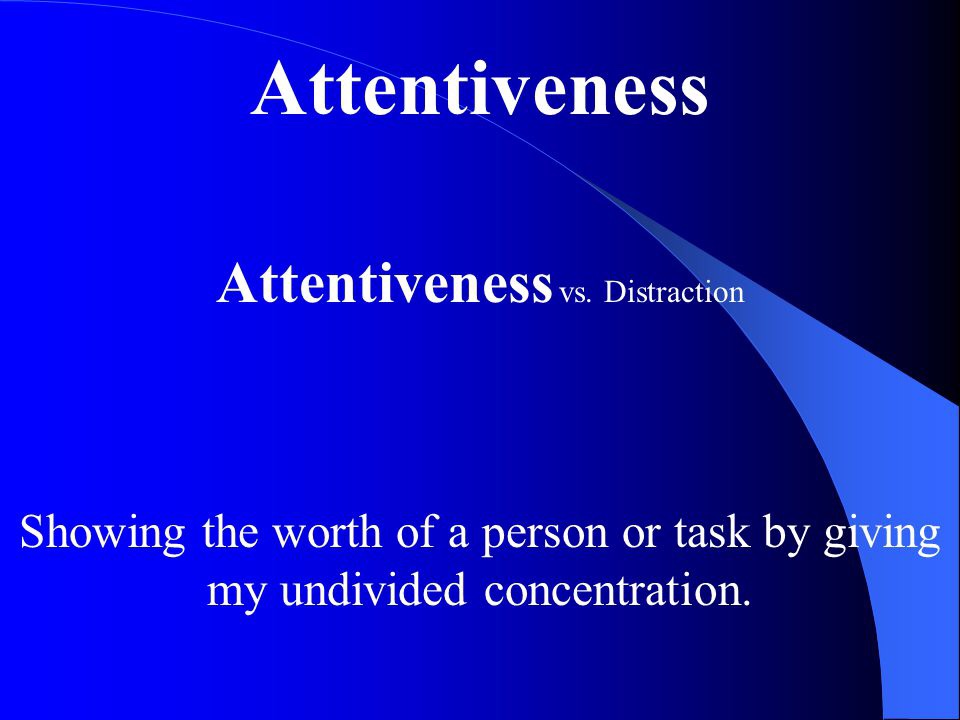
This is where we alll connect. The commonality of our senses’ perception and their comprehension. This is what is meant by ‘realisation’. When we make the world real. When we realise that the truths we know from our senses connect us to the world as intimately as to each other.
These are the materials I use to create art.
But why not get a day job?
I will have to.
I have learned all I can stomach for now about the tangible reality of poverty. I have made some great and tragic friends outside my walls of privilege and comfort. But when I first detected my dwindling resources, I panicked. I borrowed gas money from friends, slept in beachside campsites for free and spent too many days in chic cafes nursing one cup of coffee and a refill just to write, just to connect with the non poverished. I. applied for every job I was qualified for and hustled my books even harder.
But this did not avert my panic and the fear, until it passed of its own. And you already knnow: nothing is ever as bad or as long as we first imagine it to be. That’s when I understood how many of my needs, weren’t needs at all and that I could live without the comforting requisites of a middle class existence, just fine. In some ways better.
Less consumption = less waste.There’s what I want and what I can have and if I diminish my wants, I can have have everything I want.
When you don’t have any money, you don’t spend any money and that initself is a good thing.
The last argument that pursuaded me of the virtue of experiencing this lifestyle is that if I really wanted to write for wider audience in a profound and meaningful way, that I might need to understand and empathize with the truth of our human condition across the entire economic spectrum, not just those who can afford to buy books
And the truth is that the vast majority of “us”do not live a middle class lifestyle and that the majority of “us” struggle every day to earn what is called a living and yet seldom ressembles it.
I have met so many, so many poor people living on the streets in one of the wealthiest cities in the wealthiest state in the union, in the wealthiest nation in the world.
None of us can afford to rest within our illusion of justice and freedom until poverty is no longer the default state of the human condition in America. Remember, poverty is a prison from which escape is difficult. But if we truly want to say that we live in the land of the free, then we must free our citizens from the prison of poverty.They are “us” as well. Not charitable”us”, not pitiful “us”, not lazy, drug taking, alcoholic “us”.
Just us.
I have talked in depth with enough of the so-called “homeless”. to recognize them for who they really are: The Poor. You know, those people Jesus was always talking about and Charles Dickens and Emile Zola wrote about? The idea that those without homes choose to live that way is a bigoted urban myth that need to be quashed.
Yes, may of the poor have real problems with alcohol, drugs and severe mental illness. But so does every other group and class of people I have ever known. The rich and the middle class aren’t exempt from alcohol, drugs and craziness; in fact they can afford more!
How then are we less connected as human beings?
Or is “humaness” only measured by level of income?
When I moved back to California to look after my mother, I was immediately struck by the avalanche of poverty that had engulfed my home town. As is every other foreign visitor to California, by the way. No tour of Balboa Park or visit to Sea World can eradicate the open poverty that everyone can see on the streets of San Diego. Which now more closely ressemble the streets of Port-au-Prince, Haiti or the extreme poverty that can be found in some places in Mexico, than any American city.
The first thing that went was the last vestage of regional or even national pride.
It is a crime against humanity for so rich a city as San Diego to maintain the level of homeless poverty that is evident to anyone who visits us. It is “our” fault. Because we are also connected to the impoverished and the socially weak.
You know, what Jesus was saying.
If I am to write the truth for those who want to read or hear the truth, then I ought to know what is lying outside the walls my middle class habits and worldview. What is it really like, not just for the impoverished but for the vast majority of Californians who also now live beyond the walls of middle class sensibilities, paycheck by paycheck?
Haunted by the memories of its long gone comforts.
What does it mean to be a human being living in America right now, in 2020. Aren’t we all supposed to have jertpacks by now?
What is the Truth of our American selves?
As Tony Morriosn said “The whole point of freedom is to free others”.
To my friends who have offered their support, I thank each one of you.
I will never forget your kindness and your humaness.

Yes I have a new book coming out in the fast approaching Spring.
It’s entitled TAKE A DEEP BREATH, A Book of Remedies and will feature much of the writing and accounts of experiences of truth that I have had living in California these last 5 years.
I hope that you will take a look.
Poetry Therapy

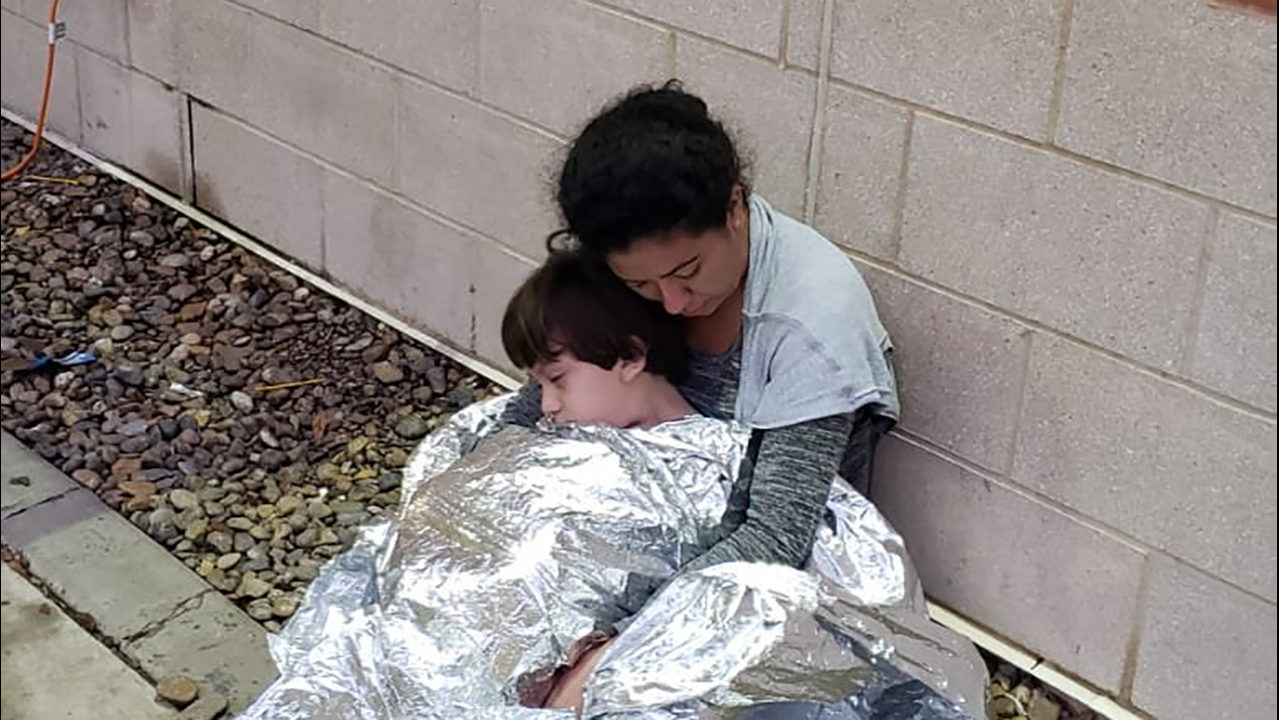
Everyone wants to be free.
ven from the things that once gave us comfort.
We are like children who swap our blankets
For softer ground.
So why do you wait to be free
When the keys to your cage
Are hanging right outside your front door?
Reach through the bars with your hand
Stretch your fingers far and bend your will around the bars.
Your mind is your best friend, your best teacher, your best doctor,
Whether you believe it or not.
In spite of everything you’ve done to yourself,
Your mind really does care about you and often thinks of you, quite fondly.
Just let your mind mend itself
Heal yourself with a few choice words.
Your own words.
When you say:
The truth is not a cold tombstone
The truth is not a judgement
The truth is a flowering realisation inside your own living mind.
Pulling you outwards, & forwards, enraptured by Time.
When my breath and
My will are as one,
The universe swallows me
Whole.
So You Think You’re Going to Shoot Me?


So you think you’re going to Shoot Me?
I got news for you goyim,
You’ve been shooting at me for 900 years
From arrows to bullets to canon and you still haven’t hit me.
Because I am no other than you.
How can I replace you when I am you?
Open your eyes, you are shooting the gun at yourself.
You don’t get it.
This must be the trick of the devils’ twisted tongue, right?
The one that tries to deceive you
With the facts of truth
Poured from the grail of reason.
Go on, have a gulpful .
No, you can’t shoot me, you can’t even aim straight.
Your hatred is so predictably boring,
Always looking for someone else to blame
For your failure as a human being.
Anyone should do, but
Just like a bad movie cliche, you pick the Jew.
How can you shoot me,
When most of us are already dead?
Replaced, misplaced, driven from your nations’ borders.
Baked in your ovens.
Never even pausing
To wonder what the difference ever really was.
Now we have nations, guns and missiles and
Our own black-booted armies, to protect us from bad shots like you.
To protect us from everyone but ourselves.
Now we can sip from the same blood cup,
While hating then shooting,
All of the Other Jews.

Let Your Mind Run Free!


Let You Mind Run Free
If you love your mind just let it go.
If you lose your mind, don’t worry.
It will find you again, eventually.
Trekking across the tundra,
Scaling the icy ridges
Crossing a vale of tears.
At midnight in the Dead of the Night.
Just to get back home to you.
Merely moonlight pausing to reflect upon still waters
No need to be concerned.
In future, make sure your back gate latch is secure
Before letting your mind run free.
Let Your Mind Run Free II
If you love your mind just let it go.
If you lose your mind, don’t worry.
It will find you again, eventually.
Trekking across the tundra; scaling the icy ridges
Crossing a vale of tears.
At midnight in the Dead of the Night.
Your mind will tap you on the shoulder
You’ll jump
And your mind will say ‘Well, here you are’!
Sitting alone in the last place I looked.
While I am
Merely moonlight pausing to reflect upon still waters.
There’s no need to be concerned.
Next time, just make sure your back gate is securely latched
Before you let your mind run free.
Being is Becoming Still


Existence is a limitless screen of emptiness
Vibrant with jubilant celebrations.
And gratitude for the joy in rolling a boulder blissfully up this steep hill.
Tripping over our own thoughts like loosened cobblestones,
We no longer see the reality directly in front of us.
The truth is a truce we struck with certainty ages ago.
After losing the desperate struggle…
To cling to some kind of hope buried deep beneath the root of ourselves.
I am fearful of fully failing myself and yet
I love myself best when I am alone with eternity.
Suicide Note:

There are still a few options available to you still, apart from death.
Yours is a free choice.
Your death is yours.
No one is making you choose;
Death is after all, inevitable.
Not so much an option as fast forwarding to the point where there are no further options.
Living is dying anyway, so why speed up the process?
To stop the pain?
Many have endured much more
Still clinging to any delay of the inevitable.
Regardless, suicide doesn’t stop the pain it merely passes the suffering on to someone else.
Remember them?
They remember you.
They will remember you with pain.
You no longer feel of worth or of value anymore?
To whom, exactly? yourself?
Perhaps your judgement is drunk or wanting in discernment?
Perhaps your judgement is just wrong and awaits over-ruling by a higher judgement.
Who are you, really, to judge yourself so severely?
If you are worthless then your judgement is suspect and certainly not worth acting upon.
What if you went and saw a movie instead?
Or got drunk?
Or went to sleep?
Or made love until the dawn found another, better judgement to wake up to.
A truer, more temperate version of yourself.
One who can solve problems and get you out of the sweet jam you’re stuck in.
Do you long to die because life is absurd and void of meaning?
What took you so long to notice?
Does your slowness make you want to do things quicker?
Instead of death, you could seek laughter, which is really a form of dying;
A release from the known into the unknown by way of
Catching your breath inside its own rhythm.
Inwards and outwards.
What if you were about to hear a joke you’ve never heard before?
That made you laugh so hard that it woke you up into the wide-eyed, open world that embraces this one?
If you die now, you will miss hearing the eternal joke
That would awaken you to a world where you no longer wanted to die
Because you suddenly found yourself here,
Where you belong
Where you belonged all along,
Not living or dying
But blinking and breathing like this,
Like this, like this, like this…
©Igor Goldkind 2018
5 Submissions of My Latest Work

Life is Always Replaceable
Being is Becoming Still
Existence is a limitless screen of emptiness,
Insomniac Awareness
The Last Halo of Hope.
Pebbles
Being is Becoming Still


Existence is a limitless screen of emptiness,
Jubilant celebration
And gratitude for the joyous exhaustion in the rolling of a boulder up a steep hill.
Tripping over our thoughts like loosened cobblestones,
The truth is a truce we struck with uncertainty ages ago.
After losing our desperate struggle…
To cling to some kind of hope buried deep at the root of our own awareness
I am fearful of fully failing myself.
But I love myself best when I am alone with eternity.
Secure and supported by this very clarity.
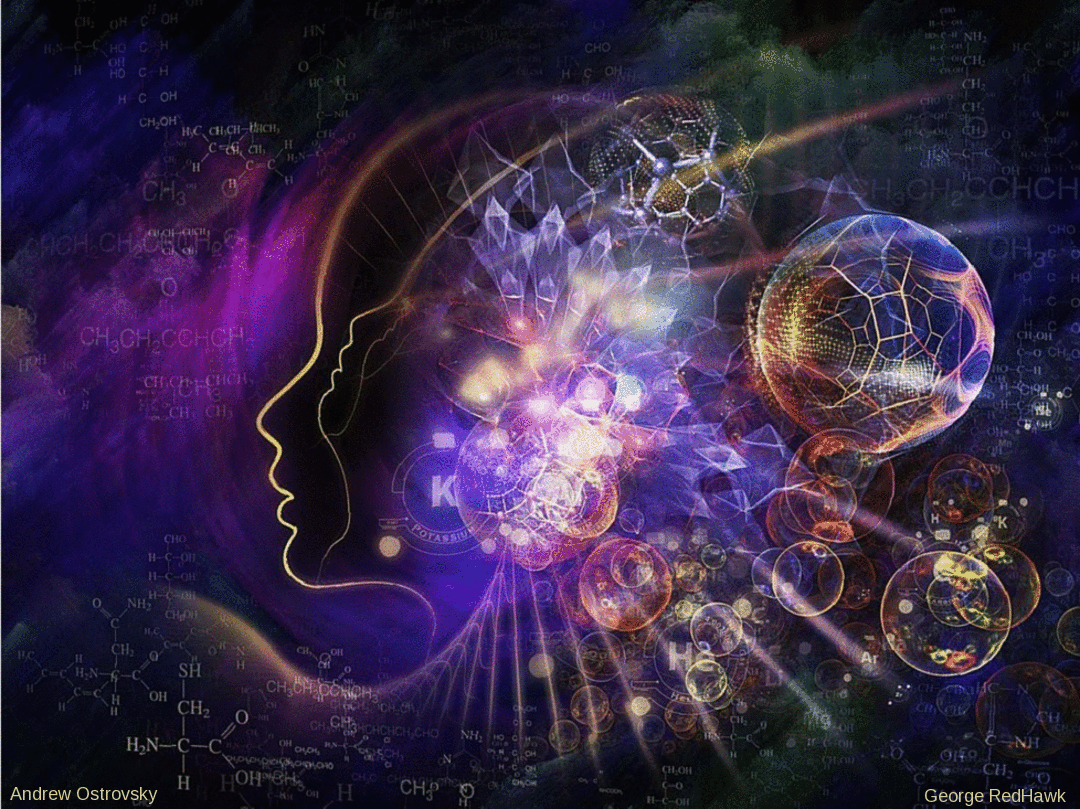
Blue Notes

 Depression is merely an afterthought.
Depression is merely an afterthought.
 We are slaves to our memories
We are slaves to our memories
The Woman I Never Got to Love

I never really knew Hannah Northedge apart from our Facebook exchanges. I think it was she that first started commenting on my postings. I read her comments with bemusement and replied. Earnest, sincere, a bit young girlish but always quintessentially English. That refined contrivance that is both over-mannered and elegant at the same time. And yet we shared a sense of humour, which is an astonishment between an Englishwoman and an American.
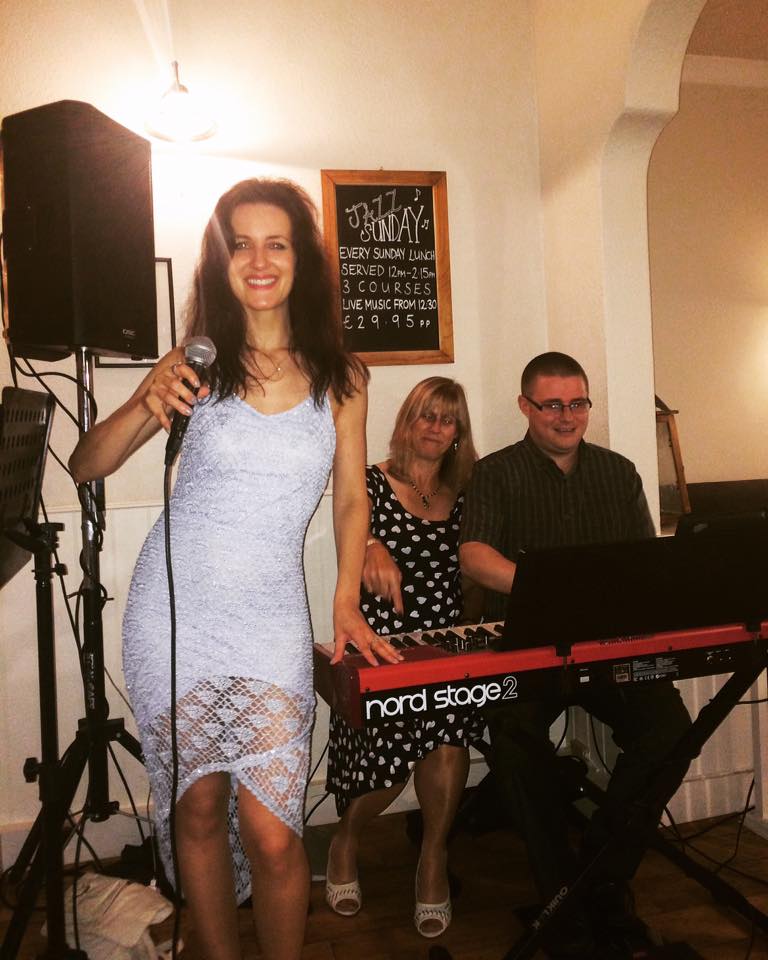 The real English, the softcenter at the core of the cracked, hard surface, English remind me no one more so than of the Japanese. Both island peoples deeply suspicious of foreign invaders and both sewn tightly within an intricately embroidered fabric of ritual, custom and politesse. Both peoples’ have a tea ceremony; one with boiled spring water and green leaf powder, the other with scones, clotted cream and jams.
The real English, the softcenter at the core of the cracked, hard surface, English remind me no one more so than of the Japanese. Both island peoples deeply suspicious of foreign invaders and both sewn tightly within an intricately embroidered fabric of ritual, custom and politesse. Both peoples’ have a tea ceremony; one with boiled spring water and green leaf powder, the other with scones, clotted cream and jams.
I did not really know Hannah Northedge but I knew what she was like. A middle-class Midlands girl from Leicester with financially nurturing parents and an early gift, really, a passion for music. She must have dreamed as a young studious girl coming to the Big Smoke, to London to make it big as a chanteuse, as a professional jazz singer. Hannah’s own cover version of Dick Whittington sans cat. This would have been for her a dream logically constructed from sturdy childhood building blocks. Each carefully poised upon the other, pushing gradually upwards into a stern, determined tower of accomplishments.
Hannah would teach music on the side, to students both male and female to make ends meet in a rapidly escalating London that had long driven me from its financial borders. Living in London is not an easy thing. Not for any young man or woman and certainly not for a high strung, talented musician intent on being the best at what she could already do quite well.
The dedication of an artist is blind. Blind to all things that do not further the acts of creation. There is no greater earthly power than to suddenly plug one’s hours, days, years of practice into an unearthly circuit that seems connected to the very essence of one’s living. That sudden bursting propulsion ever further, and ever greater into what you had always wanted to attain and seemed now to be as effortless as a second nature. Suddenly you are living your higher nature!
Any artist, any writer, any dancer and any musician will tell you that this moment of being ‘experienced’ of being played upon what feels like the very aesthetic strings of life is at best indescribable. This is much more than being “in the zone” as an athlete or card player might venture. This is about the zone being in you and all around you; in every pore and molecule of your being until it would take more effort to stop the momentum than to just let yourself keep falling forwards. Pulled into the very gravity of creation.
The Red Shoes is a 1948 British drama film written, directed and produced by the team of Michael Powell and Emeric Pressburger and based on the story by Hans Christian Anderson about a pair of red shoes that are enchanted and when worn enchant the ballerina dancer into dancing more powerfully, more perfectly than she has ever danced before. Until tragically in the end, the dancer cannot stop the shoes from dancing her to her death. A glorious death brought to life by a magical realism. One that many would gloriously surrender to just to be swept up in that dance unto death.
Hannah had no red shoes to speak of, but her throat, her lungs, her diaphragm and her instinct for music were as enchanted as they were enchanting. They were her soul and at very least they enchanted me. I never really liked what she sang. Of course I never told her that; (why would I?) To me, perhaps unfairly, it reeked of nostalgia and a wonting for a long disappeared time. Her numbers were swing, pre-integrated jazz; the time of Louis Armstrong and grinning happy black men.
This music came to England via the American GIs that were stationed there, much to the resentment of the male British population and much to the erotic delight of the female one. Courting and bedding an English girl was the kind of overseas exotica an American GI could handle, easily overlooking the cultural gap by virtue of a common language; in fact magnetically attracted by that difference of language and nuance. We said elevator, they said lift; we asked how many blocks; they answered how many streets; what could be more enchanting? All to the sound of swinging jazz.
Hannah in many ways embodied that stalwart and determined optimism of the English. Being bombed by a vastly superior air force, on the very brink of invasion and yet somehow, against every indication to the contrary, still anticipating a break in the weather. Raining bombs on old London town. By the time American GIs were deployed to England the response of the British and I can hear Hannah saying exactly this, was “About bloody time! How nice of you to finally show up for the party!” “Better late than never, I suppose!”
This was the playful sarcasm of the English by which they kept themselves and each other bemused whilst coping with the obstacles at hand This has always been lost on my American comrades. We think it’s rather mocking, which of course it is; it’s merely a democratic mockery, a Monty Python hysteria at the awesome absurdity of Life and it all. When it comes to jokes and putdowns and the English, no one ever gets out alive, no less so than the English themselves. Self-effacement and self-mockery are not part of the American skill set and we would be fortunate in having few English Life Coach instructors to teach us a thing or two about the proper positioning and placement of the ego.
But I digress from my digression. Hannah was quintessentially English, youthfully so. Although merely some ten years younger than me, she somehow always made me feel that she was much younger than that. A child’s wide-eyed openness beaming from a woman’s face I believe that that child-like disposition, as well as her nervousness and constant stress, were hand in glove with her talent. She desperately needed to keep performing, to keep belting out those numbers because her life really did depend on it.

I was supposed to take Hannah out on a date this Spring in London. Not really a date, more like a shared joke. Both of us had frequently traded our frustrations with the opposite sex and one night I asked Hannah to describe her perfect London date to me. It involved dinner and dancing and her description was so lighthearted and life-affirming fun that I immediately promised her that as soon as I got to London I would take her out on that exact same date. I made that promise not to impress Hannah or woo her but because what she described sounded like such god damn fun that I wanted in on it! Hannah’s lust for life was infectious. Most important of all, Hannah laughed at all of my jokes, even the ones that didn’t merit laughter.
Alas, our date to laugh is not to be. The one woman in 3 years who had finally agreed to go out with me, drowned herself instead at the very prospect. Now that’s a good joke. One that Hannah would have heartily laughed at.
What can I say about suicide? And I understand as of late through a mutual friend that that is exactly what Hannah Northedge had planned in advance and self-executed (so to speak). Albert Camus said that the only question worth asking in life is whether or not to commit suicide; each and every morning when we awake we should ask ourselves that very same question. Because in all honesty, in asking ourselves that question we are never freer. Simply because if we do not choose to end it all; (and I assume that anyone reading this has chosen other than that), then what we have chosen is everything else instead. Because we could have chosen the only alternative to living there is, but we did not to.
I don’t know if Hannah asked herself that very question waking in her luxurious hotel room in Eastbourne, near Beach Head, Britain’s top suicide spot. She certainly had chosen a fine hotel in which to waylay her return to London. Perhaps I will pay that hotel a visit just to catch that final view of the sea we might have shared and toasted. I do not know what state of mind she was in when her parents sent her back home to London from her childhood home in Leicester. English parenting can be harshly stoic at times.
All I do really know for sure about suicide, and in fact, that is what Hannah committed herself to, is that it is an act of self-agency. You may not want to hear this, but please listen because it’s true. Take this bitter pill from one who knows: Suicide is a determined act to strike out against a world of pain and futile injustice. It is not weakness nor surrender that causes one to take one’s own life. It is instead the ultimate act of defiance, an act of unnatural courage and entails a great act of will against all instinct; against the very will to survive.
To look at the universe that gave birth to one’s own conscious mind and in full consciousness scream “No!” “No, this life was not worth the pain, the agony, the empty suffering of my existence!” “You can just take it, just have it all back”. “This was never going to be good enough and I’m putting an end to it here and now because it is my choice my freedom, my volition to do so!”
I do not know of Hannah’s pain apart from what she told me of it. I do know that her despair at romance and at its betrayal weighed heavy on her. If there is any lesson to be garnered from her passing, be it what I tell my own daughter time and time again: never ever believe that you will ever need a man to be happy as a woman.
It’s possible to have both, but by no means mandatory; nor is a man ever the sole path to happiness. We are at best unreliable and at worst, much worse than that.
Hannah did seem determinedly desperate in her remaining months; determined to be believed and desperate not to be dismissed as a hypochondriac lunatic. Which from my own experience with medical authorities. their tendency to treat the symptoms more urgently than the patient surely is lacking some benefit.
I know that there are those of us who in trying to find some salve for our confusion and our anger will demand answers from doctors, from landlords and mould experts; from Hannah Northedge’s own family, even. I know that righteous confusion first hand. To you, I say what my baby sister’s widow said to me at the time of her untimely passing: “nothing that we do, nothing that we try, no matter how hard is ever going to bring her back”.
We need all to find our peace with that.
Igor Goldkind © 2018
Nobody Talks to Me Anymore

Has been entered int the Realistic Poetry Contest and thus is no longer available on my blog as it is defined as non-exclusive or previous publication by the contest rules.
Who knows, I may even win.
Either way, it returns once the contest is over in February
Tune In.

Speculative Realism: What It Means, What It Is and Why You Need to Know About It
Charlie Brooker’s Black Mirror is really the best TV on your screen. It quite literally holds up a black mirror not just onto our society but to each one of us as components, now data-cogs, of the society we can no longer see anymore without the aid of mirrors. We are like goldfish in a goldfish bowl kept rotating by the shortness of our attention spans and never even realising the wetness of our environments.
Charlie Brooker, his cast, co-writers and the producers at Netflix are doing us the moral service of reminding us of the remnants of own moral outrage and how our own ethical boundaries have long since been trespassed by the dark consequences of convenience and more efficient processing.
The machines never took over, we just surrendered.
 We are like commuters stuck in traffic complaining about the traffic that we are actually both part of and complicit in. Even though from our subjective vehicles, we cannot see it. Traffic controllers retain the power however it is a remote distributed, bureaucratic, systemised power that is no longer subject to one human’s judgement. Who do you alert when the traffic lights stop working? You don’t have to, they already know.
We are like commuters stuck in traffic complaining about the traffic that we are actually both part of and complicit in. Even though from our subjective vehicles, we cannot see it. Traffic controllers retain the power however it is a remote distributed, bureaucratic, systemised power that is no longer subject to one human’s judgement. Who do you alert when the traffic lights stop working? You don’t have to, they already know.
I have as of late, paraded the term Speculative Realism, borrowed from the French post-idealists. Who understand that the only way to view ourselves clearly is no longer as mere individuals but as components of a larger neuro-ecology that contains, constraints and ultimately defines us. We are the furniture that a system beyond our own subjectivity keeps rearranging “on our behalf”, “for our own safety”. “for your security”.
I have only slightly re-engineered the term in the context of a literary genre, of storytelling, perhaps the sole remaining respite of human freedom. A story is a purely human phenomenon untainted by machine efficiency as machines don’t need to tell each other stories. But we do, and in doing so we may be flexing the last quiescent muscle of our humanity. A story is comprised up 3 interlocked elements: The storyteller, the story and the audience (or to whom the story is told). At least two of these components are human, subject and object; the rest is merely synaptic grammar. 
When a story is told and heard, a condensed complex of information, human knowledge and near spiritual wisdom is transmitted in a compact instant well beyond the speed or circuitry of a microchip. Remember, we are the minds that created and defined data. It is that creative mind that is both alert and receptive to the information that is vital to our survival, as a species and as sane human beings. Storytelling is our salvation and Poetry is better than prayer because you don’t have to pretend that someone is listening.
Speculative Realism is just my tag for vital, survival information being conveyed by storytellers. As essential as where the next herd of buffalo might be. Speculative Fiction has here to provide the luxurious canvas for our imaginations to ponder possibilities. But Speculative Realism is not what you might do ‘if…’ but what you will have to do ‘when…’ To survive, to retain your own identity and perhaps even your sanity. Speculative Realism is imperative, it carries the mental equipment we need to survive.
 Black Mirror is a series of short cameos of Speculative Realism. The term is beginning to gain traction since I first observed the emergence of this genre in film, fiction and screen entertainment. I have since read a reference to Neil Gaiman‘s work described as Speculative Realist in his use of double vision, (the seeing of two apparent contractions as one), in his characterisations. I don’t know if he thinks that, you’d have to ask him.
Black Mirror is a series of short cameos of Speculative Realism. The term is beginning to gain traction since I first observed the emergence of this genre in film, fiction and screen entertainment. I have since read a reference to Neil Gaiman‘s work described as Speculative Realist in his use of double vision, (the seeing of two apparent contractions as one), in his characterisations. I don’t know if he thinks that, you’d have to ask him.
Cyberpunk auteur Bruce Sterling, in Wired, refers to Speculative Realism as Philosophy Fiction, which is as good a handle as any because Speculative Realism defends the autonomy of the world from human access in a spirit of imaginative audacity.
In his recent Edinburgh University Press publication Speculative Realism and Science Fiction, Brian Willemsuses a range of science fiction literature that questions anthropomorphism to develop the Speculative Realist position. He looks at how nonsense and sense exist together in science fiction, the way in which language is not a guarantee of personhood, the role of vision in identity formation and the differences between metamorphosis and modulation.
 These are useful critical and academic insights. But the real meat is in the eating and Black Mirror takes you to the centre of the Speculative Realist banquet, piling your plate high with outrage, moral panic and cautionary tales of horror. I suggest tasting a sample as we’re all going to be eating from this same table for the very foreseeable future,
These are useful critical and academic insights. But the real meat is in the eating and Black Mirror takes you to the centre of the Speculative Realist banquet, piling your plate high with outrage, moral panic and cautionary tales of horror. I suggest tasting a sample as we’re all going to be eating from this same table for the very foreseeable future,
the future that has already arrived.
© Igor Goldkind 2016
A Drinking Song: The Ghosts of Christmas Past and Present

Last night was kind of my XXXmas eve, being a Saturday night, with no ghosts to placate until Monday morning. So I took my Victory out for a long ride, 46 miles down to Chula Vista to drop in on my drunken-angel-poet-brothers Alex Bosworth and Chris Vannoy. As I told them, I’ve never stopped in Chula Vista before, only passed through it; well on my way to crossing the border between Mexico and Madness.
Back in the Beatnik Days, when America was still a Great Shining Beacon of Golden Intentions and jail-breaking freedoms, going south of the border was a euphemism for leaving the straight rational world and exploring the psychedelic corridors and hallways of the unconscious mind, where the muses played poker to the sound of Gabriel’s saxophone under a streetlamp, playing for spare change, playing for the end of time. Kesey, Cassidy, Timothy Leary had all spent time south of the border, hiding from the authority.
But I wasn’t going all the way south or crossing any borders. Instead, like a Boddhisatva practising the discipline of worldly compassion, I was riding south on the great American highway stopping just short of going over the edge. Stopping long enough for the rest of my sentient species to hop on board and cross over with me. How long I gotta wait? The blur of the wind in my eyes transforms Inter-state 5 into a two-lane river of white headlight diamonds on one end heading towards but past me and on the other end, a torrent of glistening rubies speeding with me, flowing around me, carrying me forwards in one high speed direction.
I was carried on a slipstream of glistening rubies last night. Chilled legs wrapped around my angel in flight, carrying me aloft above all thought, beyond all hesitation, in that dangerous living moment when every half second of thought is solid and real with consequence; and any distraction is a trap door thumping open under the hangman’s rope.
That is the fury of mediation. That is my arrival in this moment that we all share. The calm at the center of chaos. Join me, dear reader, at the centre of chaos.
So I’m heading south armed with an unopened bottle of rye, the spirit of the season travels with me. Good whisky is about as spiritual as I get these days. It is my usual Xmas tradition to grab a bottle of good booze and head down to the Greyhound station, or the street corner, outside a homeless shelter or an alleyway or anywhere I can find and join a cluster of the disaffected, the homeless, the pointless, the ones left out of family portraits. Just to share a drink, a joke and the dregs of our mutual humanity.
But this year, not particularly in contrast, I’ve chosen the company of Deadbeat poets, failed self-construction workers, mental hospital misfits, suicide skippers and gravel-voiced prophets capable of predicting the present with uncanny accuracy. Cassandra’s children muttering under their condensed breaths, scratching their prophecies from the oracle down for the benefit of anyone who still remembers how to read; or how to listen. Tonight these are my brothers (and sisters), in arms. Raging against a sea of struggles, believing that by opposing them, we will end them and wrap our soiled blankets of peace around this cold, shivering world’s shoulders.
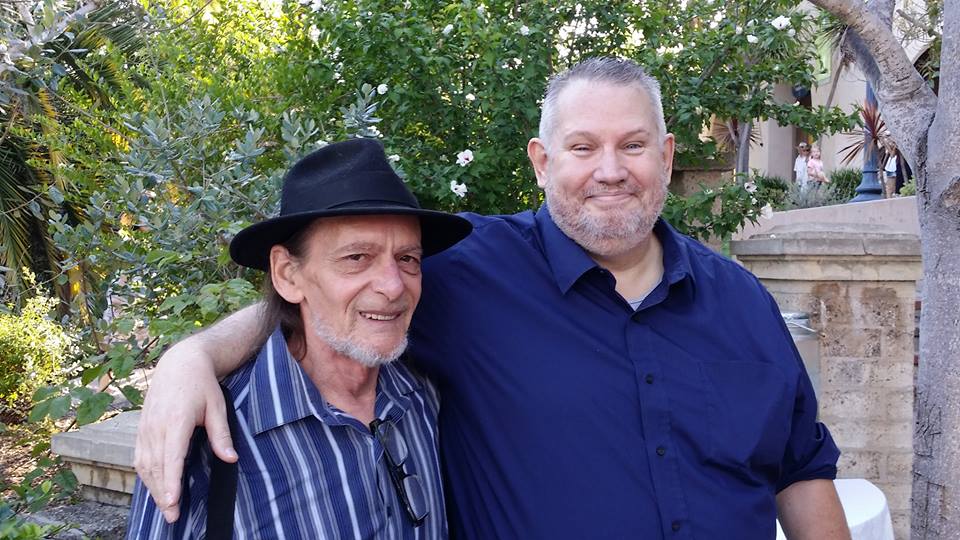
Dead Beat Poets
I make it to Main Street much too early and agree to meet my comrades in a bar called Sanctum. I have no currency apart from my still untried bottle of rye so I stand outside on the pavement near but not too near two young women smoking butts and laughing. ‘Merry Xmas’, I venture.
‘Merry fucking Xmas to you too’, is their reply. So I listen. A skill I am still mastering. The raven-haired beauty of the pair is recounting her love life to her friend. Telling her how she had met her intended’s eyes at work, a burning penetration in time and how happy she was that at least she knew, that she knew that she knew that there was an unstated passion, thrilling at the unstated, as yet unenacted attraction between them.
The bittersweet anticipation of passions yearned for but still yet to come.
I wanted to tell the dark-haired young woman how lucky she was to be free to express such yearning to another woman. Jealously, I wanted her to pity my poor lame masculinity and the political mindfield I had to traverse to even come close to sharing such a pure moment of true emotion and affection. But I didn’t. Who wants to hear another pitiful man’s story anyways? This was the year of raised female voices. Voices raised in anger, in righteous retribution for all the wrongs accrued., in demand of recognition. Voices of freedom insisting on justice, insisting on equal treatment without unwanted trespass.
Poor me, poor me, pour me another drink. . . .
So instead I pulled out my weapon of virtue, my great equalizer of man and woman, my bottle of rye from my bag and asked if ‘You ladies would like a drink”. “Hell yes”. And for a brief instant, I felt just like St. Peter patrolling the earth and giving comfort to lost souls.
This murdered the time until my wordly brothers finally arrived. We poured from the bottle into bright red dixie cups, swigging them down in the parking lot before entering the warmth of Sanctum Ale House to talk poetry, performance, and what we were going to do with the rest of our lives. This was beginning to feel a lot like a rendezvous of fallen angels pausing for a drink and brief reflection before hitting Hell.

Beatnik Approved!
There was no reason to take a picture or a selfie or even take note of the time. We drank, we talked, we tried to make each other laugh and we indulged in our common humanity; a focus on what we shared more than what we didn’t.
My mind spun back in time to the many drinking conversations I had with my late great friend, the writer David Halliwell. The only man I had ever met who had got drunk with Sam Beckett. So David told this story of buying a bottle of good Irish whisky and taking the train to London, from Yorkshire. Easily a 4-hour journey. On the trip, David got nervous opened the bottle and drank half the contents on the way down arriving completely cut up the King’s Road party where San Beckett would be. He did find Beckett apparently and immediately sat down to finish the rest of the bottle he’d brought. David got so drunk he couldn’t remember a word that Sam Beckett had said to him.
Last night, I told Chris and Alex about the year that David called me up to join him for a Xmas drink and The Bull Tavern in the little North East Oxfordshire village of Charlbury, whose village council insisted on calling it a town because it had 4 pubs, a pharmacy and a post office.
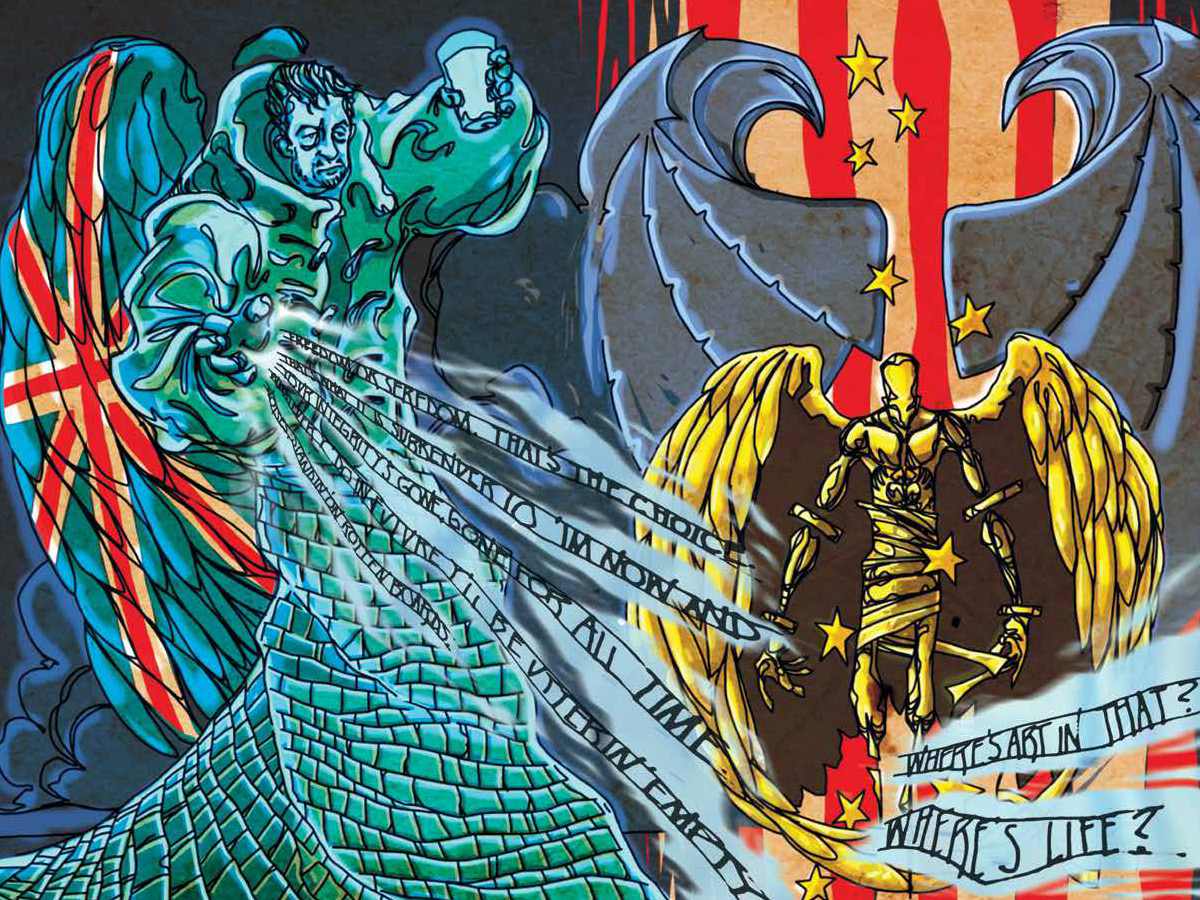
I walked down the unpaved bumpy road to the tavern, past the Egyptian cottage with the papyrus reeds of Isis, the Goddess, not the terrorists. I reached The Bull pub and Inn, Opened the heavy oak door and walked into a movie. The pub was nearly empty save for the bar that featured David on his bar stool holding court with his mates. Only his mates were images burnt on my retinas since childhood: John Hurt, Ben Kingsley, David Warner, Freddie Jones and his son, then unknown now better known than him, Toby Jones. I remember blinking in disbelief. I might as well have walked in on Lewis Carrol, Tolkien and CS Lewis downing pints all who had also frequented this pub some hundred years previously.
I remember David smiling, laughing his phlegmatic cough and motioning me over to introduce me to these faces from the screen. “This is Igor, he’s another writer; he’s a Yank but he’s alright”. I was just another writer in the company of actors, everyday workers taking a break from toiling in the star-maker factories behind the popular film. I was handed a bulbous goblet of glowing ruby wine and the rest is hard to remember. But I do recall making them laugh and David Warner towering over me and reminiscing about his one appearance in a two-part Star Trek opposite Patrick Stewart that had earned him enough to comfortably return to the stage for 7 continuous years. Apart from young Toby, these were board strutting actors; indifferent and virtually contemptuous of their movie work save for the vast sums Hollywood paid them for peddling their trade of packaged emotions.
The next year most of them would be dead, David Halliwell included. I would empty his cottage with a Scottish actor of his while his Yorkshire sister wept inconsolably on his stairwell. In England, people let you weep and leave you to the dignity of your grief out of respect for the exceptional display of emotion. If you openly weep in England its because the pain is so hard that you really can’t hold it in.
Back in the Sanctuum, I explained to my companions how David had taught me the true meaning and value of the literary arts, which for David included actors who tell stories with their faces. Storytelling’s place in the human universe, keeping the stars locked in their firmament and the cosmic spheres in perfectly balanced and meaningful rotation. David Halliwell wasn’t famous. He died a virtual pauper, alone, estranged from his sister, a Yorkshire man with an RSC accent from wanting to be an actor, who wrote every day of his life before heading down to the pub to argue with me.
But he was a great success, albeit not by any kind of American Calvinist standard. Rather he succeeded in staying true to his art. He never sold out to better-paid mediocrity. He stayed true to his art, to himself and he survived with the respect and admiration of his fellow artists. When he died, I wrote and read this eulogy at his memorial, after Harold Pinter came up from Hampstead to say a few words about his departed friend. As did Stephen Frears and Scott Hampton (author of Les Liaisons Dangereuses).
I read this poem to David to my friends Alex Bosworth and Chris Vannoylast night. And in my mind, I went hunting and visiting my own xmas ghosts to remind me of the true joys of this season.

Daedalus Afraid to Fly
David, you bastard, you’ve left me
Understanding here alone,
With only these words falling out of my hands
When it is yours I want to hear again.
Words of your mastery, not mine.
So what was all the swearing about then, David?
What were all those Northern fumes really burning from?
I told you the songs of Yorkshire would never play in LA
Or London for that matter):
Two cities equidistant from your Yorkshire mother.
Tell me, David, why didn’t you just sell out?
You could have bought yourself a much better pint of beer
With all that money for old knotted ropes and
Still, have coughed up the phlegm to laugh at us all.
Is death your idea of some kind of joke?
Did you finally track down the film rights to Malcolm, David
And cash them in?
Are you really, secretly living in Barbados,
Making beautiful women miserable?
To think of all this wasted sorrow and
Empty glasses of beer.
You did say that you always wanted to visit other places.
But Daedalus, you were afraid to fly.
If you had been born upside down in America
You would have been a southern writer living in some Northern town.
Spilling your southern drawl over a rum and coke in a New York City bar.
Sitting elbow to arm with Williams, O’Neill, Baldwin and them all.
Your America was always an America of the mind.
So why fear the flight?
Your America David was where Charlie Parker
was forever sharp shooting pool with Humphrey Bogart
in some room behind a neon-splattered bar
Where Chet Baker never jumped or fell but flew, man!
He just flew away.
Just like you.
So you’re off then, David?
Back up the bumpy road,
Turning the corner around the Little Egyptian cottage
Navigating the reeds of Isis, Long past the close of time.
A brown duffle coat ship, bobbing on an unpaved surface,
Weaving a few well-spoken thoughts into your
Captain’s cap.
Can you tell me, David:
Were you X-Centric, or
Merely Eggs Essential?
How about this time I tell you, David:
The spark was always there.
But not like Daedalus, like Prometheus.
The living punishment of Truth,
Chained to your bar stool,
That eternal pint of Carlsberg lager gnawing at your liver.
Like Prometheus David,
The spark is always here.
For the late, great David Halliwell; poet, playwright,
author of Malcolm’s Struggle Against the Eunuchs.
I can only miss you when you’re gone.
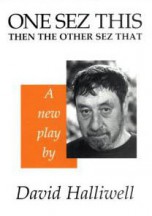
Essay on Everyday Zen

 I think this is the closest I can come to describing the Zen disposition. I say disposition because too much is made of practice and the philosophy of Zen when all are merely aids to assist in the unravelling of illusion and self-deception. Zen is not an acquisition of skills, rituals, garments or ideology; instead, Zen is relinquishment. It’s a reminder to keep paying attention. Not acquiring but letting go: unravelling, stripping away layers of calloused skin, leaving your baggage behind and not looking back over your shoulder. In the words of the bard:
I think this is the closest I can come to describing the Zen disposition. I say disposition because too much is made of practice and the philosophy of Zen when all are merely aids to assist in the unravelling of illusion and self-deception. Zen is not an acquisition of skills, rituals, garments or ideology; instead, Zen is relinquishment. It’s a reminder to keep paying attention. Not acquiring but letting go: unravelling, stripping away layers of calloused skin, leaving your baggage behind and not looking back over your shoulder. In the words of the bard:My toes too numb to step”.
Awareness is larger than the body.
Insomniac Awareness

Recent rewrite. When I first wrote and posted it, no one seemed to know what I meant by it. But now it’s becoming a favoured read aloud piece:
Insomniac Awareness
We who are hiding in our second bedrooms,
Licking the silver from the backs of our screens,
Are living in a different time zone
Of Insomniac Awareness.
Sometimes two, sometimes three, sometimes four or more
Lives are lived and lost each night.
In our rooms, by ourselves
Sitting precariously on the edge of our beds.
This is our legacy
The lasting perpetuity of our sensory species:
The glow that contests the light that once shone from our eyes,
Right up to the surface of our understanding.
What is not yet known.
Or what was known and long since forgotten.
Dances across the screen you stare into.
Tripping over your coded memories; in Real Time.
Who are you reading this? Do you know
Do you know
What perturbs your sleep-walk into the night?
Or are you merely waiting for the screen to pull you through?
Into your own quiet world,
Where things that count never change.
And no one is dreaming you but your mother,
Who has left you now for another child.
©Igor Goldkind 2017
IS SHE AVAILABLE? Get My Book and FIND OUT.

NOTHING has prepared you for This. Nothing ever will.
Because whatever is happening Now has never happened before.
This is a web-nurtured collaboration with 27 artists, sculptors and musicians from the world of Comics, Fantasy, Fine Art and Jazz, including Bill Sienkiewicz, David Lloyd, Liam Sharp, Glenn Fabry, Shaky Kane, Lars Henkel and the cutting edge sculptural typography of the highly acclaimed book designer Rian Hughes.
This illuminated book is a contemporary Dante’s Divine Comedy; a journey through the confessional landscape of a masculine identity. It uses poetry to construct a narrative that explores themes of death and loss, sex and love, and the modern American and Jewish identity design: by the UK’s eminent graphic designer, typographer, illustrator Rian Hughes.
The music is composed and produced by iconoclast, ex-Israeli, Middle-Eastern jazz virtuoso Gilad Atzmon, along with five other jazz artists.
Written by San Diego native Igor Goldkind, this illuminated book will revolutionize the way you view poetry by meshing comics, art, music and animation in a truly unique way. It uses poetry to construct a narrative that explores themes of death and loss, sex and love, and the modern American and Jewish identity. The book is available for download on the iTunes Store and Google Play, as well as in a 166 page, fully illustrated in colour hardbound edition available ORDER HERE.
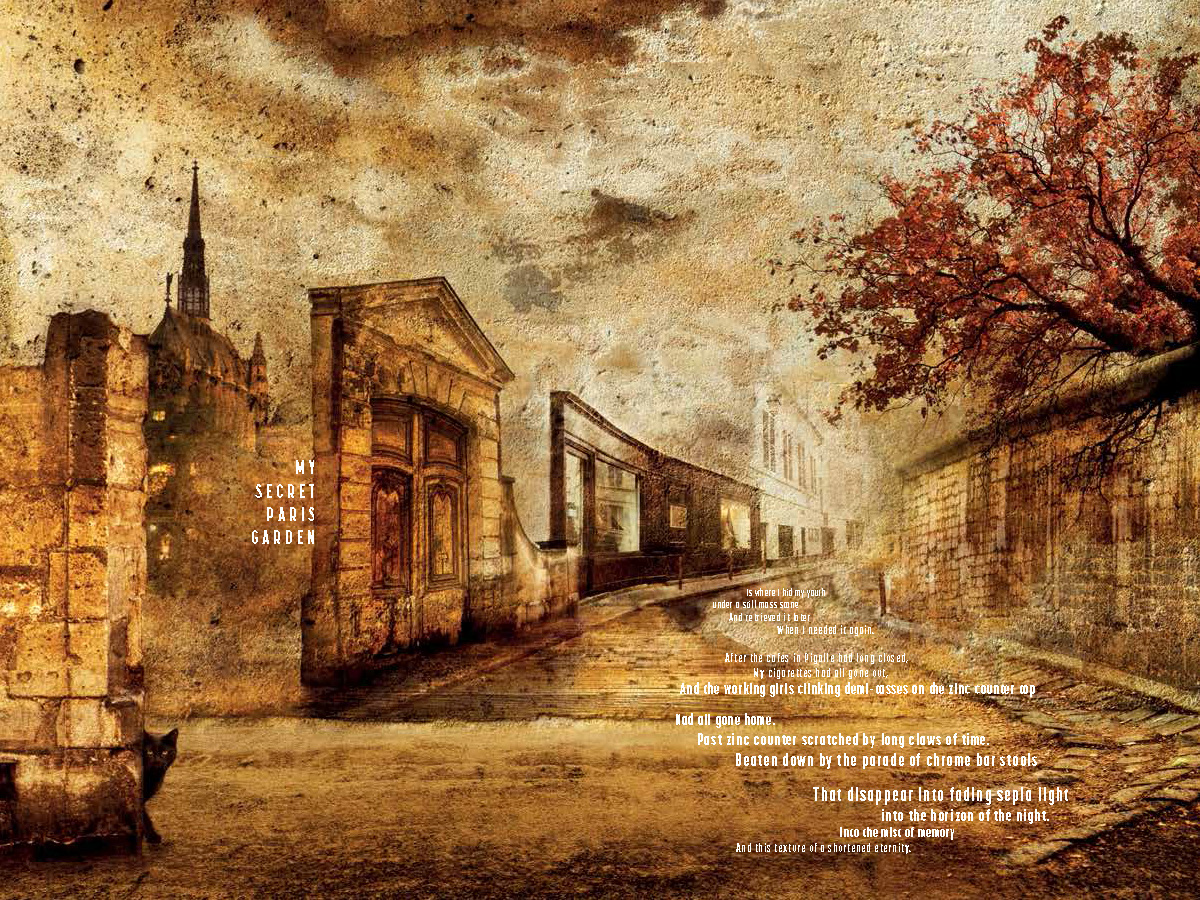
The eBook edition pushes the edge of what is possible with present EPUB3 technology. It is not an App, it is a true book that marries pop art, comics, avant-garde, jazz, spoken word poetry, video and animations, and type design in a manner that we have not seen before IS SHE AVAILABLE? has the feel of an artefact from the near future – a seminal work of a new genre-fusing poetry, graphic art, music, and animation.
Sample interior pages:
IS SHE AVAILABLE? RRP is $34.95, SHIPPING INCLUDED
Educational Discount for Students and Teachers: $29.95
Both deluxe hardcover edition PLUS animated and musically scored eBook App edition of Is She Available? bundle: $39.95
Go to http://Paypal.com/issheavailable/ and place your order directly through PayPal with all Pay Pal assurances and protection.
Shipping included in orders within the US and its territories.
If you are in Britain and/or Europe, please contact my European wholesaler Fanfare Productions who will take your order and dispatch to your address the same day: stephen@fanfareuk.demon.co.uk
Reviews ? Sure We Got Reviews. Why You Wanna See Them? Be my guest.
“Igor’s “Illuminated Book” is like a new genre. It is a wonderful ekphrastic expression; a fusion of the arts.” — Poet Mel Takahara
“His collection Is She Available? has the feel of an artefact from the near future – a seminal work of a new genre-fusing poetry, graphic art, music, and animation.” —(San Diego’s) City Beat
“Is SHE Available?” is an experiment, and reading it feels more like an act of discovery… nonetheless there’s a thrill to scrolling through its pages. It’s an ambitious step toward what digital media can (and will) be.”—The Chicago Tribune
You Tube samples: https://www.youtube.com/playlist?list=PLRnmT_aE0acoowdNBvFtK_VW2OkNN2wWp
SoundCloud samples : https://soundcloud.com/igor-goldkind/sets/is-she-available-spoken-word
The 166 full colour, fully illustrated hard cover deluxe edition is available in discerning and eclectic independent bookstores everywhere. Including Fahrenheit 451 in Carlsbad, Soulscape Bookstore in Encinitas, the Upstart Crow in San Diego, Verbatim Books and Mysterious Galaxy also in San Diego, City Lights and the Cooperfields chain in Marin County and Sonoma County, amongst a growing number of independent book stores.
Order direct from PayPal and shipping is included!
https://www.paypal.me/issheavailable
Sleepy Mind; Awake Mind

And Zen-some!
The only way to explain Zen is by describing the sleepy mind. The sleepy mind describes a tree in terms of attributes and data: the number of leaves, the leaf shape, the number of branches, thickness of the trunk, the colour of bark. Which birds make use of the tree etc.
All these observable and measurable attributes are assembled as data by the sleepy mind and voila! the sleepy mind thinks it knows what a tree is. The sleepy mind can give arguments with citations about the validity of its data. The sleepy mind works well with other sleepy minds.
And the sleepy mind isn’t totally wrong, the data it compiles in reference to ‘tree’ are all real and quantifiable features of the tree. But no matter how exact or comprehensive, the data is not the tree nor even the experience of the tree.
The awoken mind merely says “Look, a tree”, and points.
Because there is no data that conveys the experience of that tree in the moment of your apprehension. The awoken mind, sees the leaves, the branches, the colour of the bark, the thickness of the trunk, which birds fly in and out of the tree as much and as well as the sleepy mind does.
But the awoken mind also sees that the spaces between the leaves are part of the tree. The negative space surrounding the tree. The unseen roots spread beneath the ground are part of the tree. The sunlight reflecting off the green of the leaves are part of the tree.  The seat waiting to rest your back against the trunk is part of the tree. The awoken mind ‘see’s the tree; the form of the tree; the tree itself in all its ‘tree-ness’, the tree as a child sees a tree; not what the sleepy mind contrives to substitute as its surrogate.
The seat waiting to rest your back against the trunk is part of the tree. The awoken mind ‘see’s the tree; the form of the tree; the tree itself in all its ‘tree-ness’, the tree as a child sees a tree; not what the sleepy mind contrives to substitute as its surrogate.
I think this is the closest I can come to describing the Zen disposition. I say disposition because too much is made of practice and the philosophy of Zen when all are merely aids to assist in the unravelling of illusion and self-deception. Zen is not an acquisition of skills, rituals, garments or ideology; instead, Zen is relinquishment. It is a reminder to keep paying attention. Not acquiring but letting go: unravelling, stripping away layers of calloused skin, leaving your baggage behind and not looking back over your shoulder. In the words of the bard:
“My senses have been stripped, my hands can’t feel to grip
My toes too numb to step”.
 Buddhists will talk about the Buddha-nature as universal, the same as our original nature. Don’t listen to them. The face that first looked up at your mother’s face is still there, submerged and (sometimes suppressed), within you. All that Zen suggests is that we are encumbered by needless worry, anxiety, expectations, daydreams and nostalgias that have buried your true self under the rubble of your crumbling castle and keeps you from seeing the world and your place in it, with any clarity.
Buddhists will talk about the Buddha-nature as universal, the same as our original nature. Don’t listen to them. The face that first looked up at your mother’s face is still there, submerged and (sometimes suppressed), within you. All that Zen suggests is that we are encumbered by needless worry, anxiety, expectations, daydreams and nostalgias that have buried your true self under the rubble of your crumbling castle and keeps you from seeing the world and your place in it, with any clarity.
We are all distracted by anxieties and worries about money, about jobs, about partners and children. That distraction is manufactured by the powerful in the society we live in to keep us consuming, acquiescent and very sleepy! It doesn’t matter if you meditate or not; if you read poetry or not; if you drink tea or practice martial arts or not. It doesn’t matter how you get there or what you wear; just that you wake up and experience the miracle of persistent and unwavering creation. The universe is created, then destroyed then resurrected millions of times a second, faster than you can blink; so try and keep your eyes open!
I leave you once again with the immortal words of the Nobel Prize laureate:
“Then take me disappearing through the smoke rings of my mind
Down the foggy ruins of time, far past the frozen leaves
The haunted, frightened trees, out to the windy beach
Far from the twisted reach of crazy sorrow.
Yes, to dance beneath the diamond sky with one hand waving free
Silhouetted by the sea, circled by the circus sands
With all memory and fate driven deep beneath the waves
Let me forget about today until tomorrow.”
– With Compassion, Igor Goldkind, 2017
Please feel free to share and copy this.
I’m just trying to help anyone who’s read this far.
The Third Act of Creation

The Third Act of Creation
When I sit at my desk in the barely blinking dawn,
I sit at the helm of a Starship.
Each dimension of time or space is available to me
To go anywhere I want to.
With the flick of a switch and a weird background sound
The course can be faithfully plotted,
At just the right warp speed to be there, be heroic and be back before dinner.
As safe as the hum of my engines.
When I sit at my desk in the mid-morning blue light that pierces
My east facing windows.
I pray that I can write something today,
 I pray that I still have something to say.
I pray that I still have something to say.
My eyes are drawn to the street just beneath me,
That winds around the standing tree,
Just outside my window.
There is a spoonful of sunshine in my coffee.
When I sit at my desk in the midday sun
At the zenith of all of Creation,
I know that the bright light that now floods my room,
Will wash the shadows of doubt from these walls.
I still hear that first sound,
The Bang! that expands the spaces around.
I can feel how the act of creation was never just one moment long gone ago.
But a circus of new sensations, an ongoing show. 
Will too soon leave us behind sleeping eternity away.
When I sit at my desk in the mid-afternoon sun
And the light of creation slowly dwindles,
I can reflect on all the things that I’ve done
While counting the tasks that remain to lie in the sun.
When I sit at my desk at dusk’s twilight time
When light and darkness are twined,
Each wrestles the other to the ground.
I know that darkness will eventually swallow,
The fading strength of the light.
The time for my bed is just insight
And the twin brothers have given up their fight.
When I sit at my desk in the heart of the darkness 
I know that death is hiding in my closet.
I know that the covers I wrap so tightly around me
Offer no protection from what time has brought (me):
The drowning of the light by the darkness.
I bury my head in the night and dream of the return of tomorrow.
© Igor Goldkind, September 25th, 2017


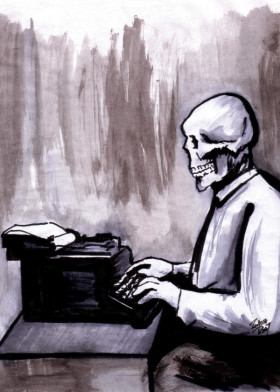









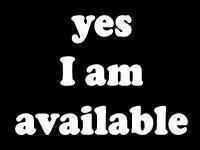
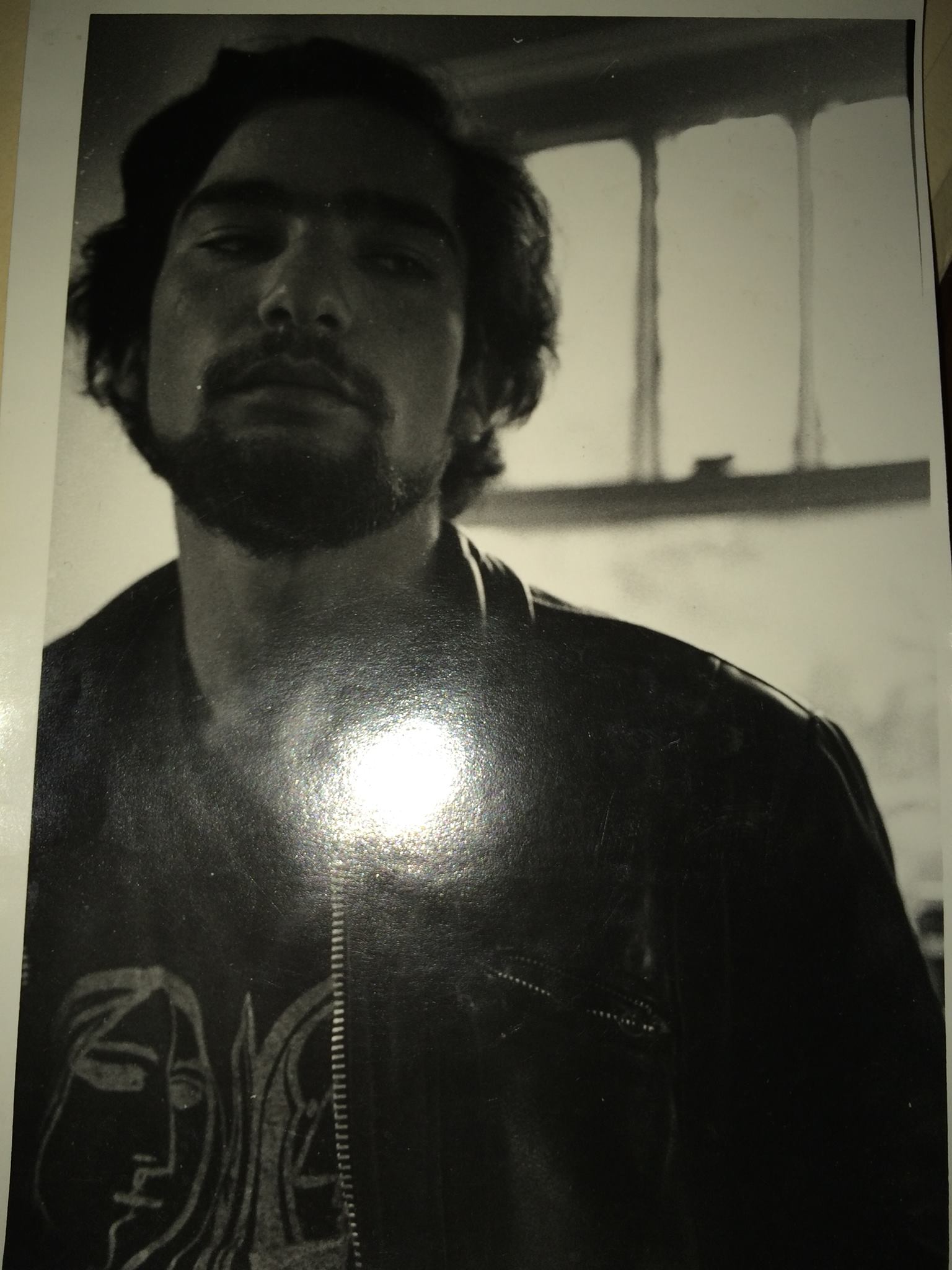
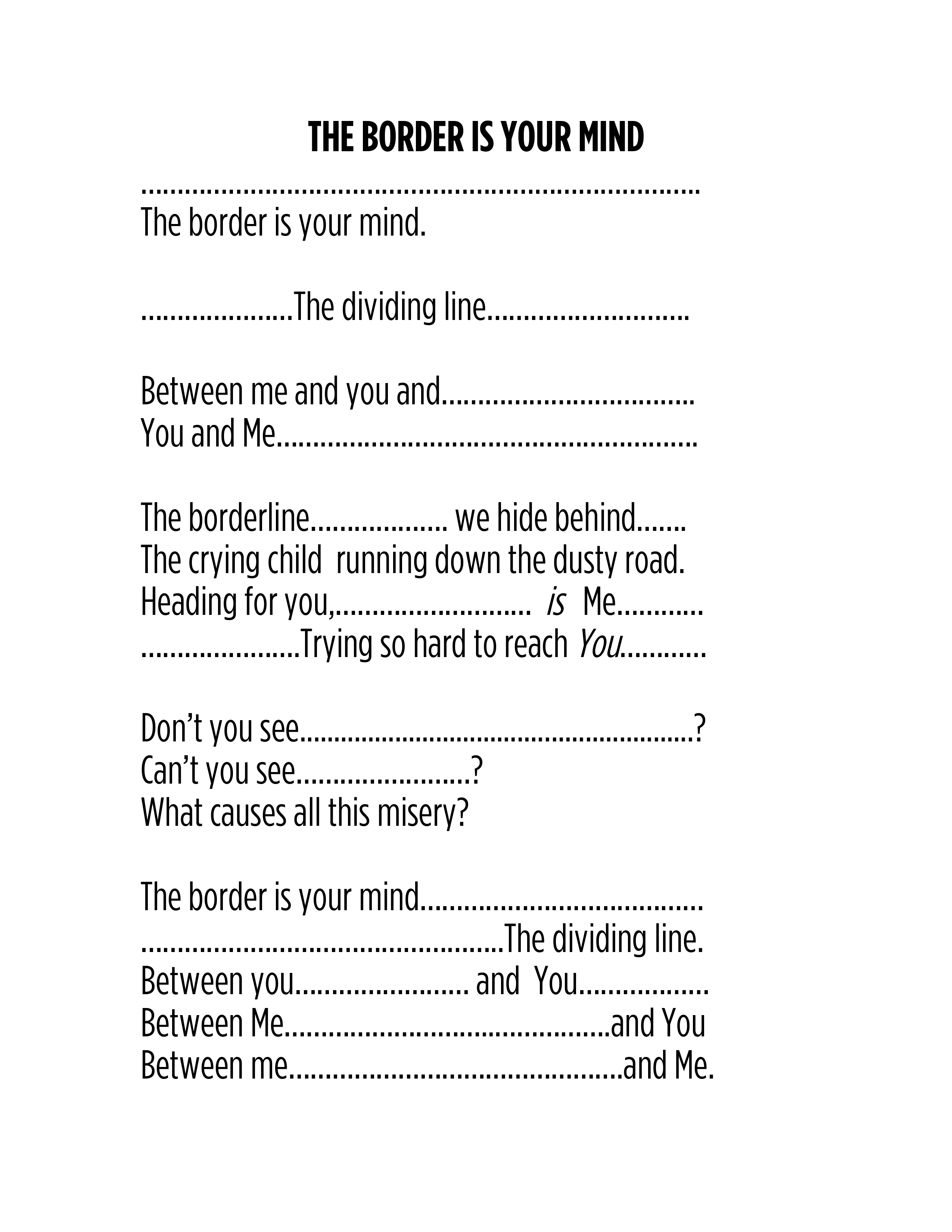
Coming Soon!
Share & Disseminate This With Your Friends
January 9, 2021 | Categories: art, book launch, books, comments about poetry, digital insurgency, Existentialism, Faith, Healing, literature, Meaning of Existence, Meditations, mental health, Mindfulness, new poetry, Paper Bag, physics, poetry, Poetry as therapy, Poetry Therapy, politics, Self-Therapy, spoken word, story-telling, Suicide, Therapy, Zen | Tags: Democracy, Donald Trump, philosophy, poetry, Poetry Therapy, Therapy | Leave a comment